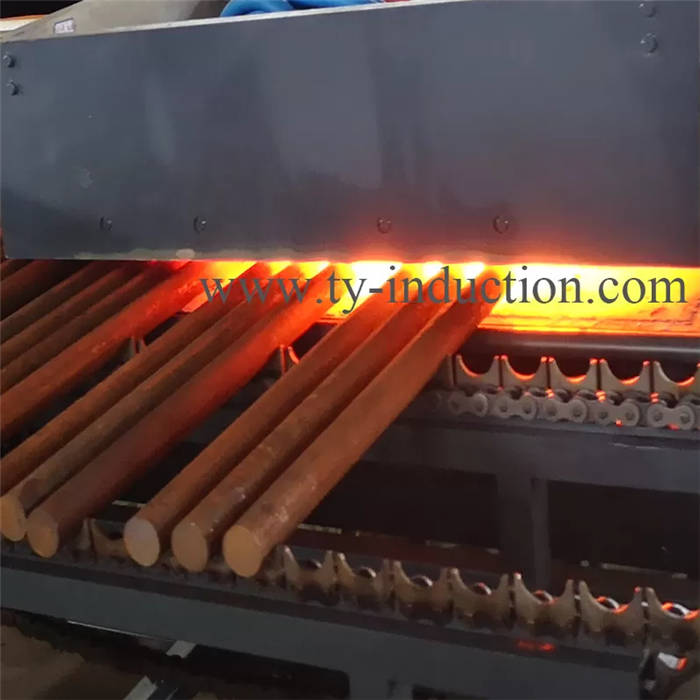How Does Flexible Solar Panel Technology Work?
Sep. 05, 2024
1. How Does Flexible Solar Panel Technology Work?
Flexible solar panels use a unique technology that allows them to convert sunlight into electricity. Unlike traditional solar panels, which are made from rigid materials like silicon, flexible panels are made from thin, lightweight materials that can be bent or curved. This makes them ideal for various applications where standard panels would be too heavy or awkward to install.
2. What Materials Are Used in Flexible Solar Panels?
Flexible solar panels are commonly made from materials like organic photovoltaic compounds, cadmium telluride, or thin-film silicon. These materials are lighter than traditional silicon and allow the panel to maintain flexibility while still generating power. The actual structure consists of layers that capture sunlight and convert it into electrical energy.
3. What Are the Advantages of Using Flexible Solar Panels?
There are several advantages of flexible solar panels:
- Lightweight and Portable: Their lightweight design makes them easy to carry and install, making them perfect for outdoor activities, RVs, and boats.
- Adaptable Design: They can be applied to various surfaces, including curved or irregular ones, which is not possible with traditional panels.
- Cost-Effective: Flexible solar panels can be cheaper to produce and install, especially in settings where conventional panels wouldn't fit.
- Ease of Installation: Their flexibility allows for easier installation on different structures without the need for extensive mounting systems.
4. Where Can Flexible Solar Panels Be Used?
Flexible solar panels offer versatile applications. Here are a few common uses:
Further reading:PE Jaw Crusher vs. PEX Jaw Crusher: Which is Right for You?
- RVs and Boats: They can be easily fitted to the rooftops of RVs and boats, ensuring efficient energy use while on the move.
- Portable Devices: Many portable chargers and gadgets utilize flexible panels to harness solar energy in a compact form.
- Buildings: Flexible panels can be integrated into building facades or rooftops, providing energy without compromising aesthetics.
- Emergency Situations: Their portability makes them valuable in emergency kits, providing power when conventional sources are unavailable.
5. Are There Any Disadvantages?
Applications of Roller Crusher Machines in Various Industries
What Are the Benefits of Hydraulic Cone Crushers?
Unlock Efficiency: The Power of Three-Drum Rotary Dryers
How Could Compound Crusher Machines Revolutionize Recycling?
What Benefits Do Stainless Steel Fermenters Offer?
Ultimate Guide to Wireless Charging AGV Station: Boost Efficiency Today!
While flexible solar panels have many benefits, there are also some drawbacks:
- Lower Efficiency: Generally, they are less efficient than traditional solar panels, meaning they produce less energy in the same size.
- Durability Issues: Some flexible solar panels may not be as durable as their rigid counterparts, making them more susceptible to damage.
- Temperature Sensitivity: They may have performance issues in extreme temperatures, affecting their overall efficiency.
6. What Should You Consider Before Buying Flexible Solar Panels?
Before making a purchase, consider the following factors:
- Power Needs: Assess how much power you need based on your specific applications.
- Space Availability: Determine if flexible panels can fit your intended installation area.
- Budget: Compare prices and consider any long-term savings in energy costs.
- Brand Reputation: Choose from brands known for quality and support, ensuring you have a reliable product.
For more pvc pipe large diameter, core barrel drilling, well drilling bitinformation, please contact us. We will provide professional answers.
Further reading:Top 5 Flour Milling Machines: 150TPD-200TPD Guide
Essential Guide to Pellet Coating Machines Explained
How Can You Maximize Efficiency in Your Fermenter Tank Operations?
Top 5 Corn Flour Machines for Your Business Success
Choosing the Best Industrial Oil Heater in 2024
Unlock Efficiency: Solve Your Milling Challenges with 100TPD-150TPD Flour Milling Machines!
Industrial Cold Water Machine: Top 5 Benefits for Your Business
454
0
0
All Comments (0)
Related Articles
If you are interested in sending in a Guest Blogger Submission,welcome to write for us!












Comments